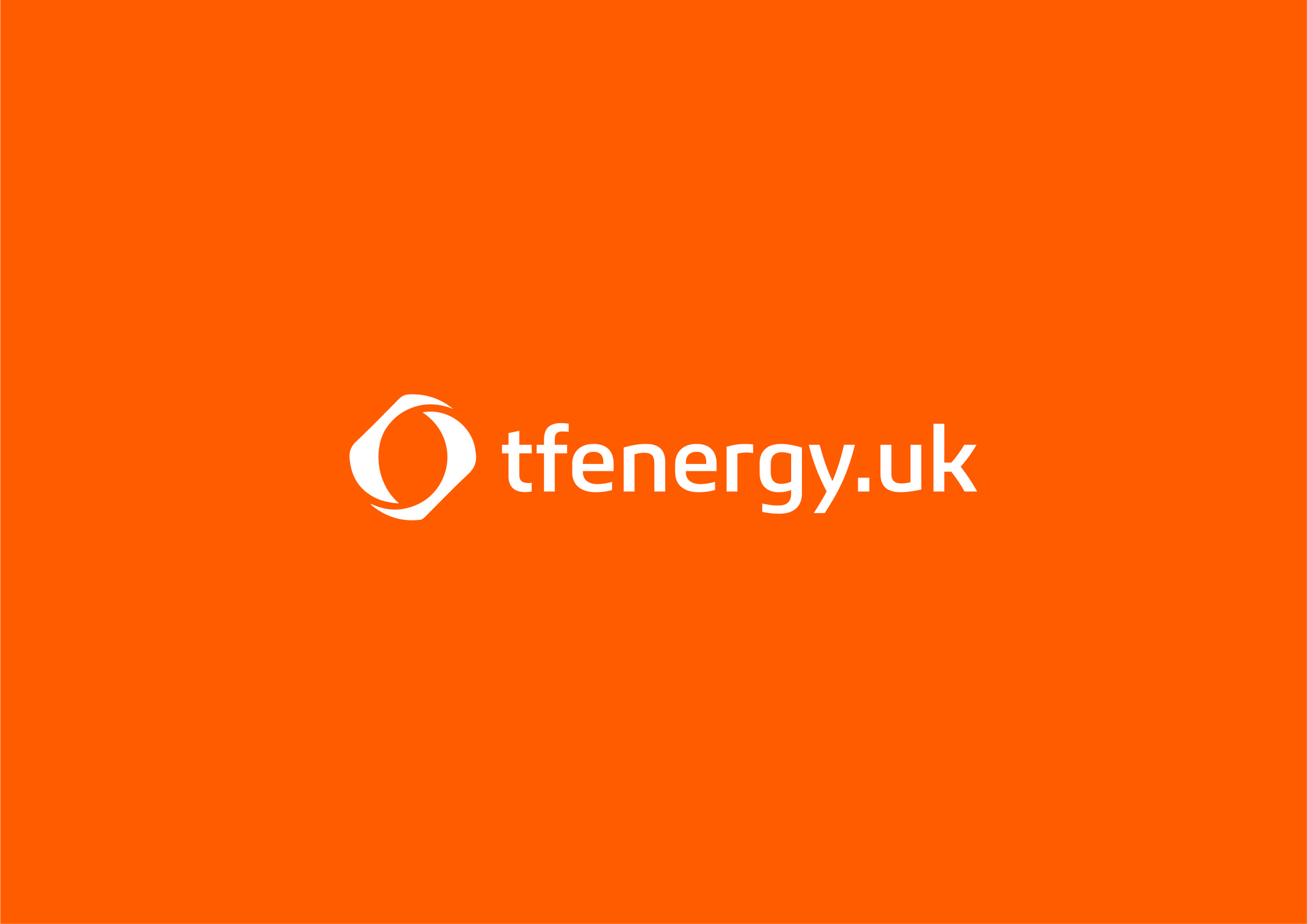What is the best cavity wall insulation?
Spray foam insulation, also known as Icynene foam, offers the best type of cavity wall insulation if you want to improve the energy efficiency of your home. Long-lasting, highly-effective and environmentally-friendly, spray foam insulation makes
cavity wall insulation easy.
Leaving no gaps once installed, cavity wall spray foam’s effectiveness is unrivalled for heat retention however high performance means it’s not suitable for every property. Indeed, installed in the wrong place, spray foam cavity wall insulation could do serious damage.
Here’s all you need to know about why spray foam is the best type of cavity wall insulation and how to ensure you avoid its downsides.
Why insulate a cavity wall?
Why cavity wall insulation? Unless your property is new, cavity walls are an old insulation device that’s easy to upgrade. Composed of two walls with a gap in between, cavity walls were intended to keep the damp from getting into a property and both heat and sound from escaping.
Today, as we seek to improve the energy efficiency of our homes and businesses, cavity walls pose an excellent opportunity to bolster insulation.
Filled with the purpose of keeping a greater quantity of heat inside your home, with the best type of cavity wall insulation in place you’ll find it takes less energy to keep your home warm, thus lowering your energy bills.
How much could I save with cavity wall insulation installed?
In fact, the Guardian estimates you could save as much as 40% of the energy you produce with cavity wall insulation installed, if your home is detached. According to the Energy Saving Trust, those reductions for a detached house are equivalent to around £2400 in savings every year.
The amount you’ll recoup with effective cavity wall insulation in place will depend on the size of your home. So for a moderate-sized mid-terraced house you could be looking at savings of around £640 or £410 for an average-sized flat.
At the same time, of course, you’ll also reduce the amount of carbon emissions which escape into the atmosphere from your home, further aiding your reductions in household carbon emissions.
Most properties in the UK do have cavity walls but if your home was built after the 1990s or before the 1930s you’ll probably have solid walls in place (with cavity wall insulation already installed for those built post-1990). Always ask a professional cavity wall insulation installer to check whether your property has cavity walls.
Why is spray foam the best cavity wall insulation?
Spray foam is the best type of cavity wall insulation because it provides the most compact fit. Consisting of liquid plastic which expands when dispensed, spray foam is impenetrable and long-lasting.
You may also hear cavity wall insulation spray foam called Icynene spray foam. Icynene are the world’s leading spray foam brand so they’ve become synonymous with the product.
However there are a range of brands and types available. Made from polyurethane, spray foam cavity wall insulation offers superb energy efficiency because it can expand into even the most awkward spaces. With every gap filled, no heat is
able to can escape once spray foam has been installed. Such a supreme level of insulation also delivers: sound-proofing, resistance against all types of weather and toxins present in the air.
On top of that, spray foam cavity wall insulation is highly durable, providing up to 30 years service with no further maintenance required. The hardwearing substance hardens quickly and is environmentally-friendly.
This impressive roster of advantages are the reasons why spray foam insulation’s performance can’t be beat. However outstanding performance is also the reason why spray foam insulation isn’t right for every property.
Is spray foam cavity wall insulation suitable for my home?
The suitability of spray foam cavity wall insulation for any property must be assessed by a
BBA-approved cavity wall
insulation installer. In fact, cavity wall spray foam can only be installed by a professional spray foam insulation installer.
Before any spray foam can be applied to a cavity wall, loft, floor or anywhere in a property, the building must undergo a full survey. The survey must be administered by a BBA-approved cavity wall insulation installer.
During the survey, your qualified installer will assess whether cavity wall insulation is best for your home and which type is most suitable. The survey will involve assessments of the level of humidity in your home, any insulation already present, the quality of ventilation and more.
Types of spray foam cavity wall insulation
There are two types of spray foam insulation on the market:
- Open cell spray foam
- Closed cell spray foam
The two types of cavity wall spray foam insulation take their name from the bubble structure of the foam created. Open cell spray foam is softer and sound-proof but will let water vapour through. Meanwhile closed cell spray foam has tightly-packed bubbles which form a harder foam that resists both moisture and air.
What are the problems with spray foam?
If you do not have spray foam installed by a qualified expert you could run into serious problems. Installation of the wrong type of spray foam or poor placement of the cavity wall insulation foam could cause terrible condensation issues.
Don’t forget spray foam insulation is permanent so moisture-retention problems could lead to rotted timbers, compromising the structure of your home.
As the best type of cavity wall insulation available, spray foam insulation does cost more to install than mineral wool or polystyrene insulation beads, for example. However, with cavity wall spray foam lasting around 30 years that cost is quickly recouped within the first 5 years.
For spray foam insulation or other top solutions to make your London home or business more energy efficient, give us a call today on 0207 272 2259 or send us a message.










